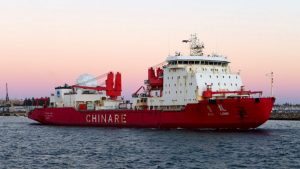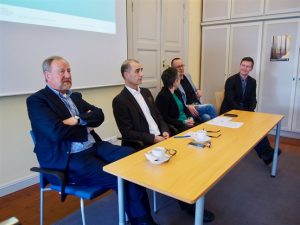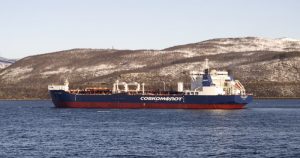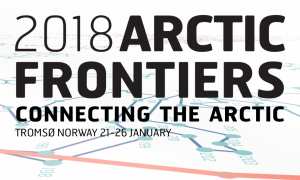Our researcher Sanna Kopra together with Liisa Kauppila published a new article “Suomi ja Kiinan arktisen vallan anatomia: pehmeää, kovaa ja terävää?” (Finland and the anatomy of China’s Arctic power: soft, hard and sharp) in The Ulkopolitist.
China’s interests now extend to every corner of the world, even more to the open Arctic. The rising Great Power tries to influence the development of the Arctic by a multifaceted range of ways, including some of which Finland should be aware.
Read the full article here.










